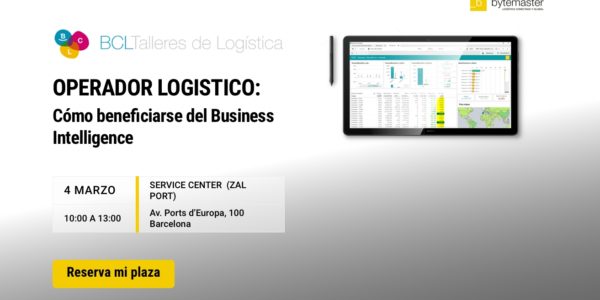Boeing has warned its passenger airline customers about the risks of flying bulk shipments of lithium-ion batteries, recommending that they do not carry the batteries as cargo “until safer methods of packaging and transport are established and implemented”.
The aircraft manufacturer confirmed today to Lloyd’s Loading List.com that it had sent a message to its airline customers last Friday “providing them with guidance on the issue of passenger airplanes carrying lithium ion batteries in the cargo hold”. Boeing added: “We have been working with the International Civil Aviation Organization (ICCAIA) and agree with them that operators of passenger airplanes should not carry those batteries in the cargo hold until safer methods of packaging and transport are established and implemented. We formally relayed that message to the airlines Friday.”
A Boeing spokesman noted that ICCAIA will publish its working paper on this issue later this month.
A number of major bellyhold cargo carriers have already made the decision not to carry bulk shipments of lithium-ion batteries, until further notice. However, as reported in Lloyd’s Loading List.com, freighter airline Cargolux also announced in late April that it has decided to temporarily impose a ban on the transport of lithium ion battery (UN3480) shipments starting on 1 May 2015. It said the decision came after reviewing new information released by the US Federal Aviation Administration (FAA), Boeing and ICAO regarding the effectiveness of the on-board fire extinguishing systems in case of lithium ion battery fires and the temperatures that such fires can develop.
Cargolux said that with this decision, it was joining other major passenger and freight carriers in following the IATA recommendation to risk assess the transport of such batteries and “concluding that the current risk to continue flying such shipments is not acceptable”. It stressed that its ban did not apply to lithium ion batteries packed with or contained in equipment (UN 3481).
Shipments of lithium metal batteries (UN3090) had already been banned by Cargolux following a dedicated risk assessment conducted in previous years.
Cargolux said that it in order to lift the ban as soon as possible, it would “assess different options to identify if technology exists or if new technology can be developed in order to make the transport of bulk shipments of lithium batteries safe”.
Source: www.lloydsloadinglist.com
Photo:







